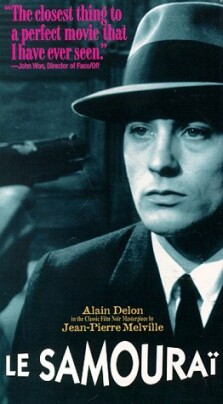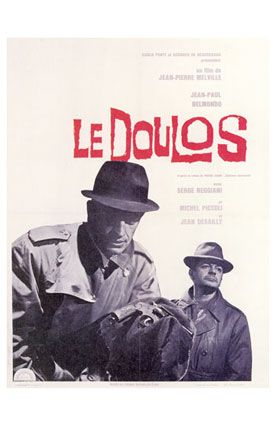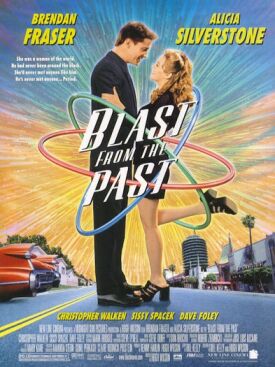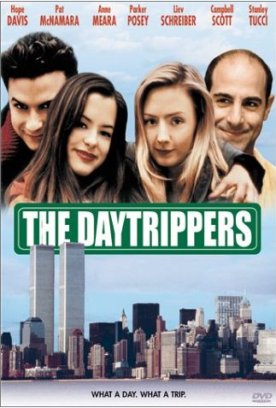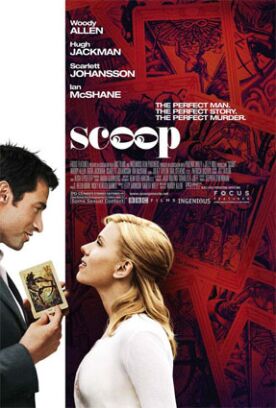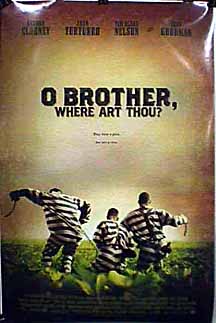Samourai, Le
If John Woo thinks, as the publicity material claims, that Jean-Pierre
Melville’s Le Samourai is
“the closest thing to a perfect movie
that I have ever seen” I wonder why he
does not make movies like it himself? In fact, Le Samourai, made in 1967
but only seen in this country before in the wake of The Godfather, in a
badly cut and dubbed version called
“The
Godson,” is at the opposite extreme
from a John Woo movie. Self-consciously noir it is a minimalist thriller
in which the two or three moments of action are extremely brief, almost
invisible, while the rest of the film is a slow paced cat-and-mouse game, shot
largely without dialogue, in wide shots and long takes, between a hired killer,
Jef Costello (Alain Delon) and his police pursuer (François Perier).
It is very watchable nonetheless. We see Jef setting up an elaborate alibi
without knowing that that is what he is doing, and then admire how the alibi
holds up when the police bring him in for questioning. But some doubts remain.
Why does he seem to go out of his way to get picked up by going, after the
killing, to an all-night card game? Why not just go home and to bed, since there
is no reason we know of that the police would suspect him? Then, having picked
him up in a trawl with a lot of other men in raincoats, why would they fasten on
him as the suspect, particulary since his alibi seemed airtight? The Inspecteur
says the alibi is “too
perfect” , but it is hard to believe
that a real life cop with (supposedly) 400 men and their stories to sift through
would play a hunch like this.
It is possible to give up such cavils and grant Melville his
donné, but there is still a discontinuity between the tough guy
movie-making, which is often impressive, and the tough-guy criminality it
supposedly represents. To expect more is a form of literalism on my part, given
that tough-guy film-making, especially in France, has always been much more
important than verisimilitude. You just have to sit back and enjoy the visual
treat — Costello’s barely
furnished, shabby room with its high ceiling and two, eye-like windows, the
little bird in a cage whose insistent chirp forms a counterpoint to the
borderline atonal, modernist score, the calm deliberateness with which the
killer does everything, the setting of the brim on his hat as he goes out the
door every time, the methodical way in which he steals a car, both times, the
same model of Citroën. All these things are satisfyingly reassuring to us:
we are tucked up safe inside a genre.
It is really the ending which is the most unsatisfactory thing about the
film. I can’t go into detail without
giving away too much, but I can tell you that it involves the tough guy hit man
having to choose between a mysterious négresse to whom he is
attracted but with whom he has hardly exchanged two dozen words in his life and
breaking a contract, which he has never done. There is a weird kind of
compromise between these two courses of action — a compromise which seems to
have nothing to recommend it but its futility.
C’est magnifique!
C’est also, of
course, absurde. Which is the point. But, were it not for John
Woo’s encomium, I would have said that
it was an ending which only a Frenchman could love.
Discover more from James Bowman
Subscribe to get the latest posts to your email.

